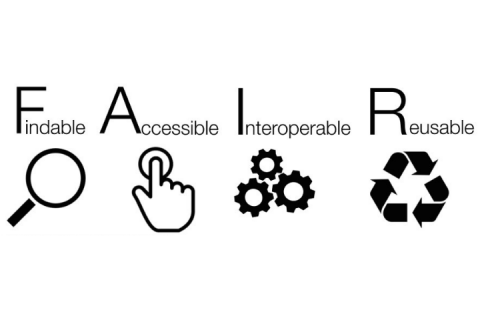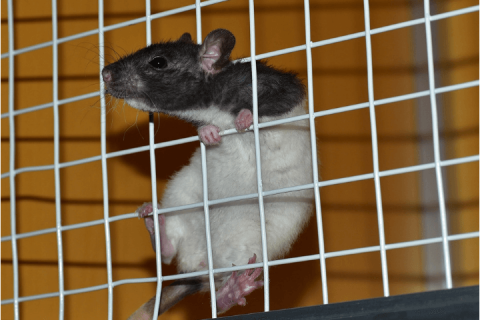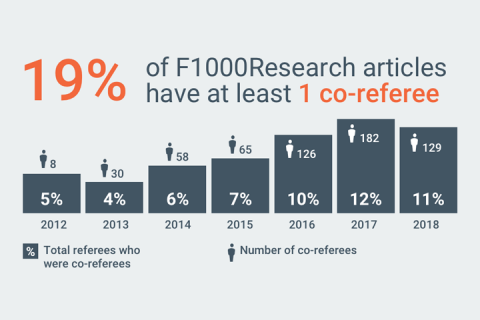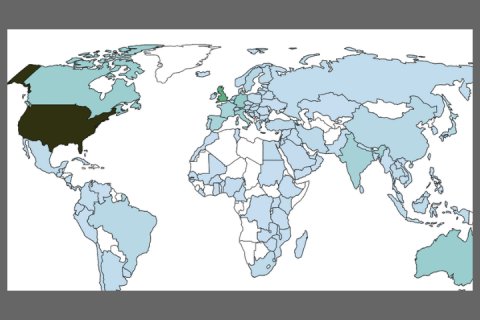In support of International Data Week, Hollydawn Murray introduces our newly overhauled data guidelines. These guidelines have been rolled out across the F1000 platforms including: Wellcome Open Research, Gates Open Research, HRB Open Research, MNI Open Research, and AMRC Open Research.
Research published in F1000Research highlights an important issue regarding animal experiments, especially behavioural ones. The results of these studies could be flawed because unforeseen environmental changes are often not considered, even though they could influence the experimental results. We invited one of the authors of the article, Rupshi Mitra (RM), Nanyang Technological University, Singapore, and…
Liz Allen introduces our Science Policy Research gateway, a collection that brings together research on all aspects of the research system, building an evidence base for the science of science.
Imelda Bates, Liverpool School of Tropical Medicine, talks about her research on peer review and ways of guiding good practise for panels. In this blog, she discusses the benefits and challenges research consortia present.
We’ve recently updated our Tips for Finding Referees page, to help make the peer review process more accessible for our authors. Find out more about this useful resource.
Well, what a week it has been! It is fair to say that each and every corner of the scholarly publishing world has been abuzz with questions, conversations, and debates, helping to bring a new level of transparency to the state of peer review in 2018. Here at F1000, we pride ourselves on openness and…
This week is Peer Review week, and given this year’s theme of ‘Diversity and Inclusion’ we took the opportunity to evaluate just how diverse and inclusive our peer review model is, looking at the geographical spread of F1000Research reviewers; the equal opportunities we provide for early career researchers; and the gender balance among F1000Research published reviewers.
How does the microbiota modulate ageing? In a recent Faculty Review, Dario Riccardo Valenzano and his co-author Jens Seidel, explore whether our microbiota play a causal role in the ageing process and the possible mechanisms by which it could do so. The answer to anti-ageing could lie in our gut, according to research published in…
Robin Blythe, discusses hospital decision-makers and clinical ambiguity related to his recent research published on F1000Research. In this blog he covers the cost savings and health benefits of implementing a care bundle for sepsis patients on a trial basis compared to waiting for better quality evidence.
A method article published on NC3Rs gateway on F1000Research describes the process of making whole brain organotypic slices and explains how this method can be used to reduce and refine the use of animals in Alzheimer’s disease research. In this Q&A, authors Cara Croft and Wendy Noble (CC and WN), and reviewer Claire Durrant (CD), talk about the 3Rs (replacing, reducing and refining); the NC3Rs gateway and their experience of open peer review.















